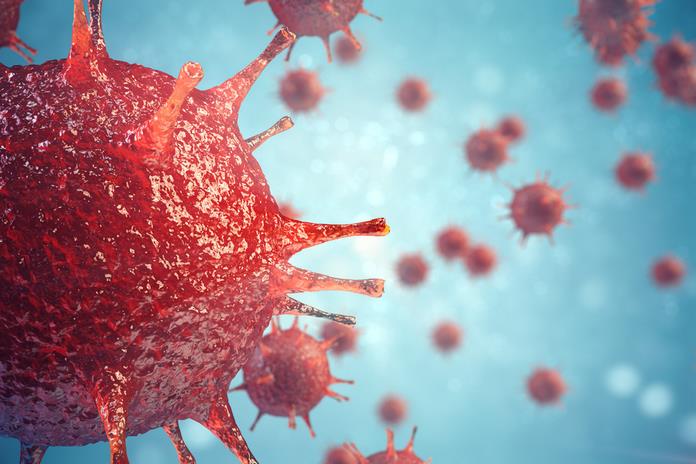2nd. Chronic HIV Infection
In this stage, the untreated HIV person shows little or no symptoms at all. HIV exists for a few years or decades without showing or developing medical complications. During this stage, the HIV number increase and replicate vigorously. The human immune response via CD4+ T cells weaken and the number of CD4+ T cells decreases continuously. The destruction of these immune cells by HIV takes place in bone marrow, the thymus, and peripheral lymphoid organs; as well as CD4+ T cells within the nervous system. Medical studies showed that initiation of therapy in the early stage of chronic or asymptomatic HIV infection can benefit the patient. While in case of delay, the treatment will fail to respond against the lethal HIV and it will result in serious life-threatening medical conditions.

